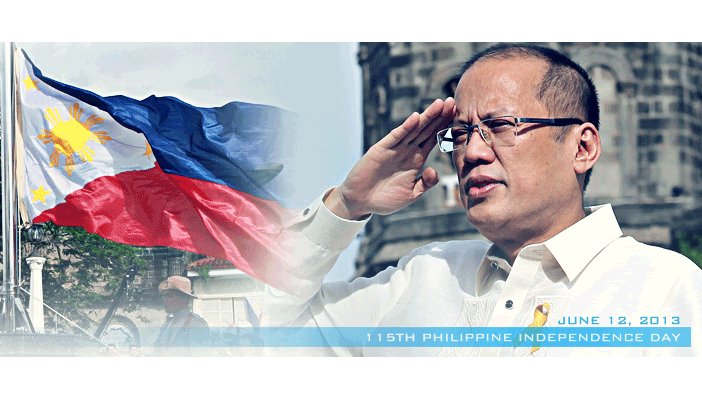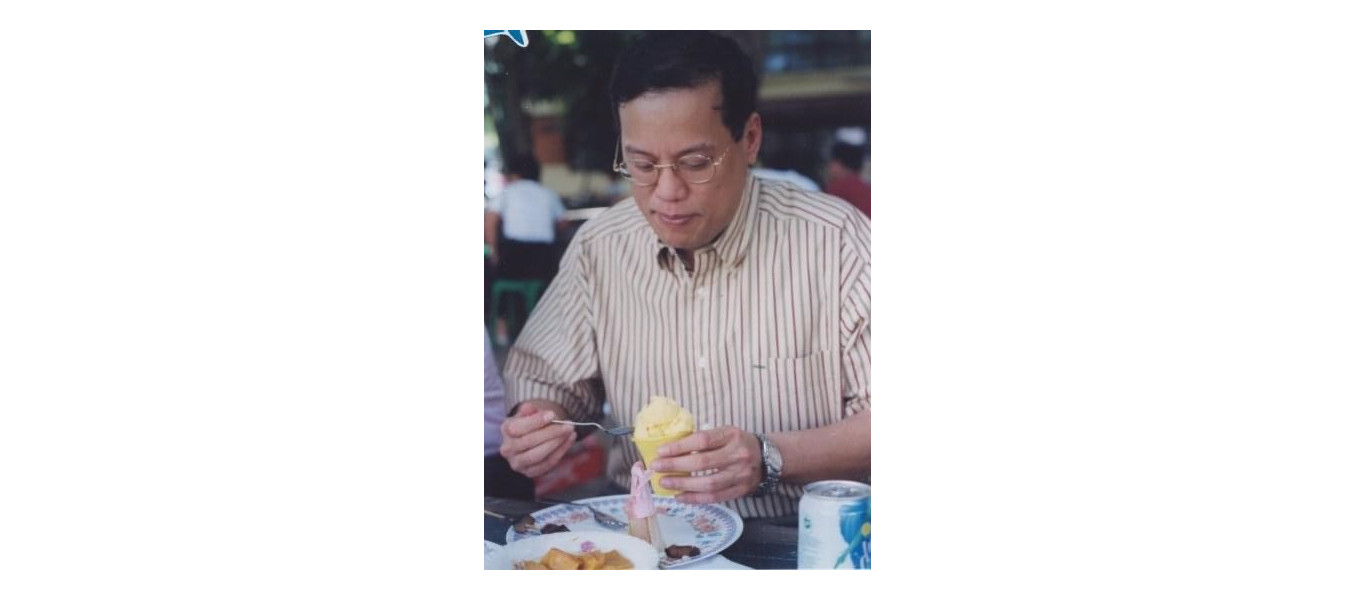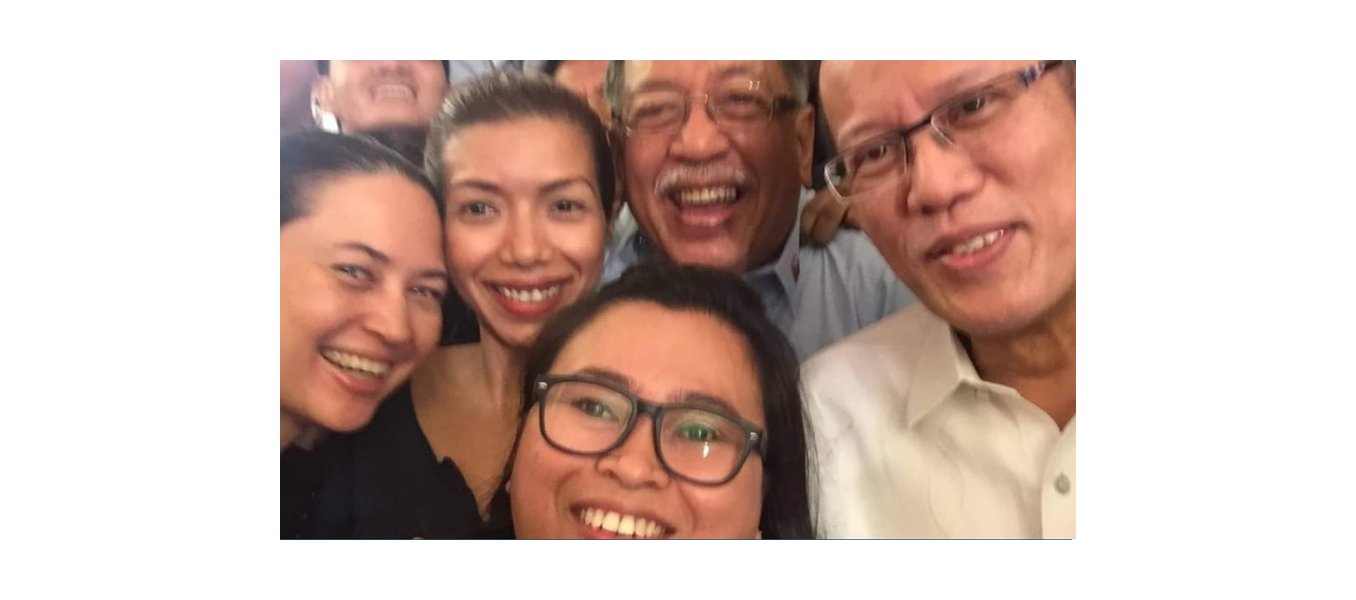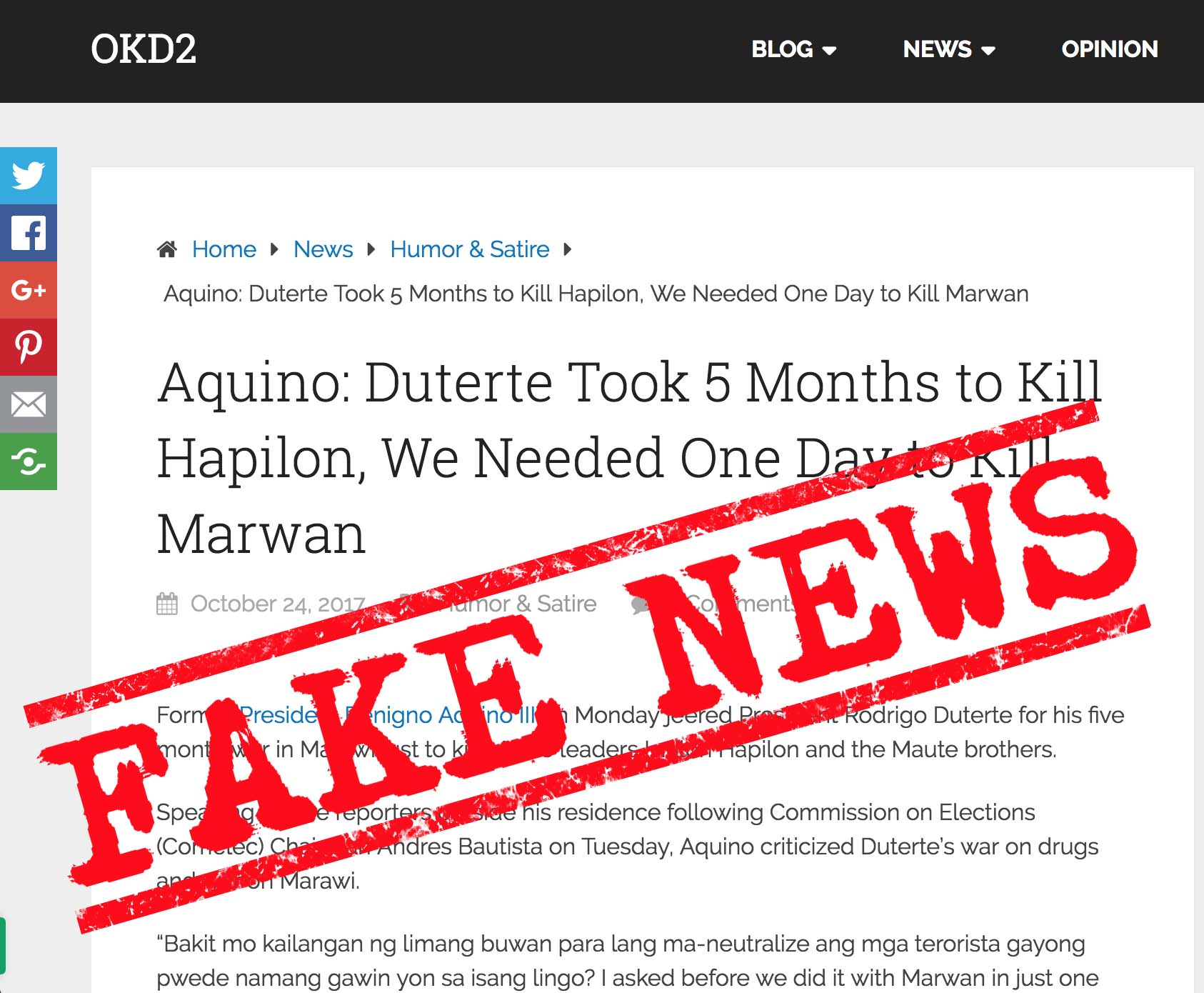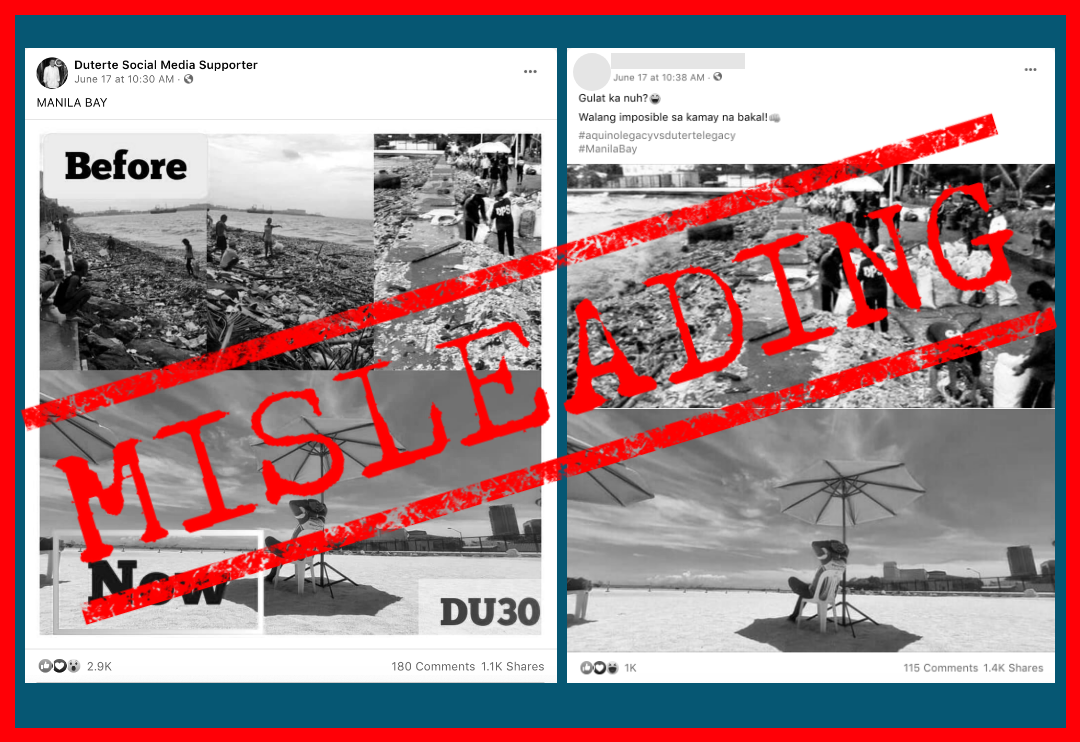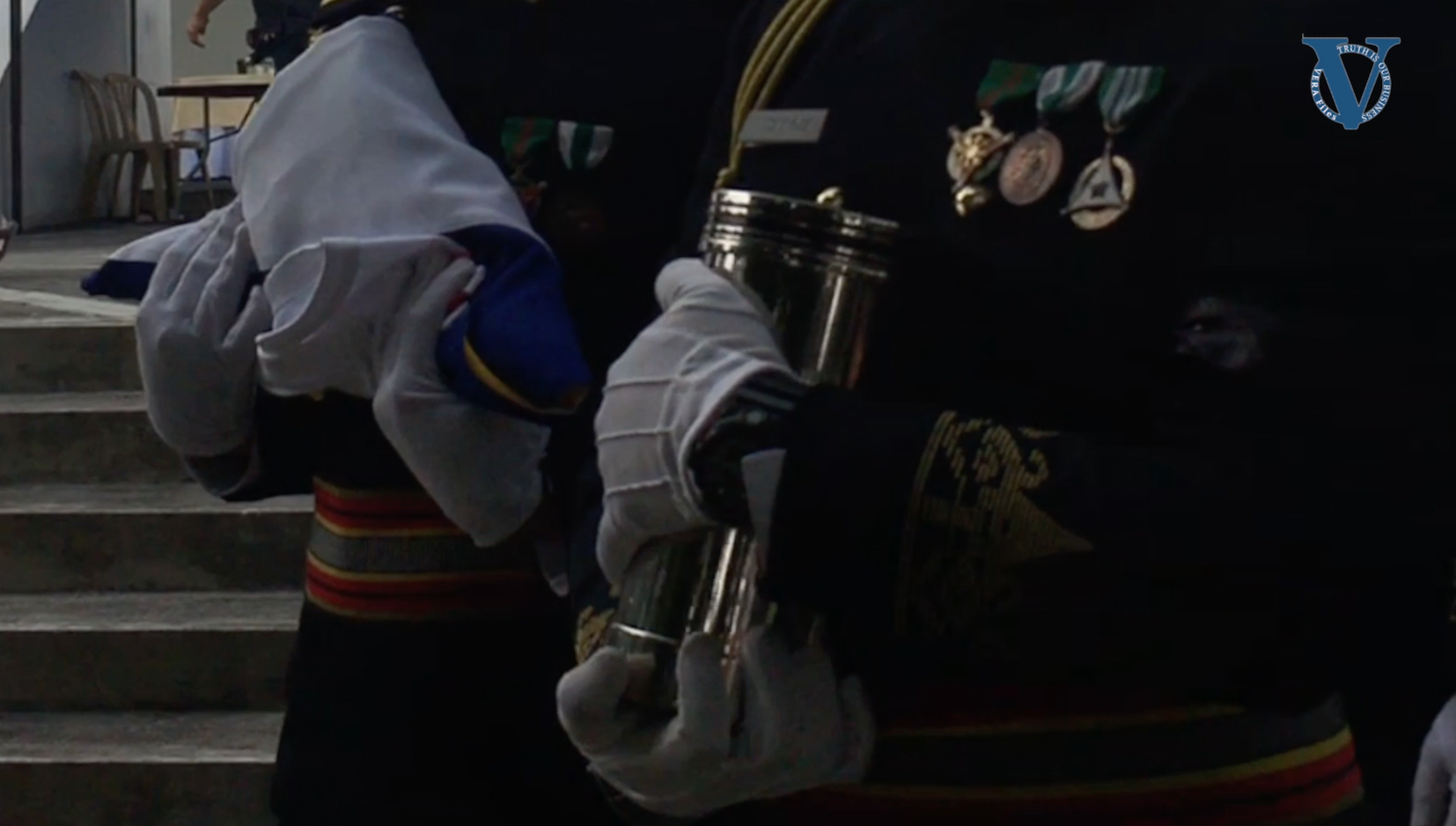While campaigning, or even during official public events, Benigno Simeon “Noynoy” Aquino III did not kiss the Philippine flag to show his respect and love for the country. He raised it with dignity by his actions to earn the respect of the international community.
Noynoy dated several beautiful women, one at a time, and never kissed any of them, or any woman for that matter, on the mouth in full view of an international audience. He did not have a wife and daughter who would be insulted if he bragged about other women.
He never boasted about killing anybody but he was demonized over the death of 44 members of the elite Special Action Forces (SAF) in the Mamasapano police operation. He took to task then-SAF commander Getulio Napeñas for not coordinating with the Armed Forces of the Philippines (AFP), resulting in the botched operation that caused the death of the 44 well-trained police commandos.
In 2019, the Supreme Court cleared Aquino of any criminal liability when it denied a petition of the lawmen’s families – with the backing of Solicitor General Jose Calida – to charge the former president with 44 counts of reckless imprudence resulting in homicide over the 2015 bloodbath in Mamasapano, Maguindanao.
Aquino vowed to fight corruption in government but did not promise to end it “within three to six months” of his presidency. During his term, a former president and three sitting senators were among the high-profile personalities who were sent to jail on allegations of misusing public funds for their personal gain. However, the charges against them were dismissed and they were subsequently freed under the term of his successor.
He never bragged about being a lawyer because he was not, but he always referred to the Constitution to make sure his actions and policies adhered to the laws of the land.
Critics twisted Aquino’s campaign slogan “kung walang corrupt, walang mahirap” (when there is no corruption, there is no poverty) by claiming that the country became poorer because there was more corruption during his term.
He was taken to court over the Disbursement Acceleration Program (DAP), a spending mechanism intended to speed up implementation of high-impact projects and programs to boost economic growth. It was a transparent way of identifying and pooling idle funds, including savings and unprogrammed funds, under the DAP and used those to finance more urgent infrastructure projects and other priority programs.
It was a better way of spending rather than the practice during the previous administrations that imposed mandatory savings on the budget of government agencies and distributed those to political allies for their pet projects, many of which were tainted with corruption due to the lack of transparency.
However, the court saw it as an encroachment on legislative functions and ruled it unconstitutional.
As proof that his anti-corruption campaign worked, the Philippines saw its ranking in Transparency International’s Corruption Index climb 11 notches. This paved the way for record economic expansion during his presidency, according to his finance secretary, Cesar Purisima.
“His six years in office was proof of his fundamental thesis: that good governance delivers great economics,” Purisima said in a statement, recognizing Aquino’s achievements when he was president.
Aquino left behind an economy that was in good shape. For years before his presidency, the Philippines was labeled as the “sick man of Asia.” At the end of his term in 2016, it had earned accolades from international organizations that considered the country the “rising economic star.” The economy grew an average 6.2% during Aquino’s six-year term, the fastest since the 1970s.
Today, the economy is in the doldrums, worsened because of the coronavirus disease 2019 (COVID-19) pandemic and the government’s poor handling of it.
Also during his term, Aquino bravely stood up to China by taking Beijing’s incursions into Philippine waters in the South China Sea. The government won the case in the Permanent Court of Arbitration in July 2016. The Hague-based international tribunal effectively ruled that China’s expansive maritime claim was invalid.
However, the present administration has refused to pursue the country’s legal victory, saying it did not want to court war with a superpower. Worse, it did not only set aside the arbitral award but also dismissed it recently as “nothing more than a scrap of paper to be thrown in the trash bin.”
In 2012, Aquino appointed Maria Lourdes Sereno, a relatively young lawyer, as the 24th chief justice of the Supreme Court. “The President is confident that Chief Justice Sereno will lead the judiciary in undertaking much-needed reforms. We believe the judicial branch of government has a historic opportunity to restore our people’s confidence in the judicial system,” said Edwin Lacierda, the presidential spokesman in announcing the appointment.
In 2018, allies of the incumbent president nullified Sereno’s appointment on the basis of a quo warranto petition anchored on her failure to file her Statement of Assets, Liabilities and Net Worth while she was teaching at the University of the Philippines.
Sereno would have served as chief justice for 18 years, more than enough time to institute much-needed reforms in the judiciary. But older members of the court resented her leadership. Her long stint would have deprived senior magistrates the opportunity to become chief justice before retirement.
Following his death last Thursday, June 24, the mainstream and social media was abuzz with stories and postings of Aquino’s achievements and his character as decent, humble, honest, diligent, compassionate, among other positive traits of a man who was demonized as “abnoy” by those who even coined the term “noynoying” to impute that he was lazy and uncaring.
Before his ashes were laid to rest on Saturday, Noynoy haters began circulating innuendoes that he was “unloved” and “left to die alone.”
Did these detractors even once call out the president whom they adore for not delivering on his campaign promises and for refusing to push the country’s legal victory over the country’s territorial and maritime claims? Did they ever find fault with the incumbent who has shown no respect for women except when reading prepared speeches or statements?
They were demanding fairness and objectivity in reporting, things that do not seem to exist in their vocabulary.
Are they too afraid that Noynoy’s death will make more people realize how his name was bastardized to make the leader they idolize look good? They’re too insecure!
The views in this column are those of the author and do not necessarily reflect the views of VERA Files.
This column also appeared in The Manila Times.
